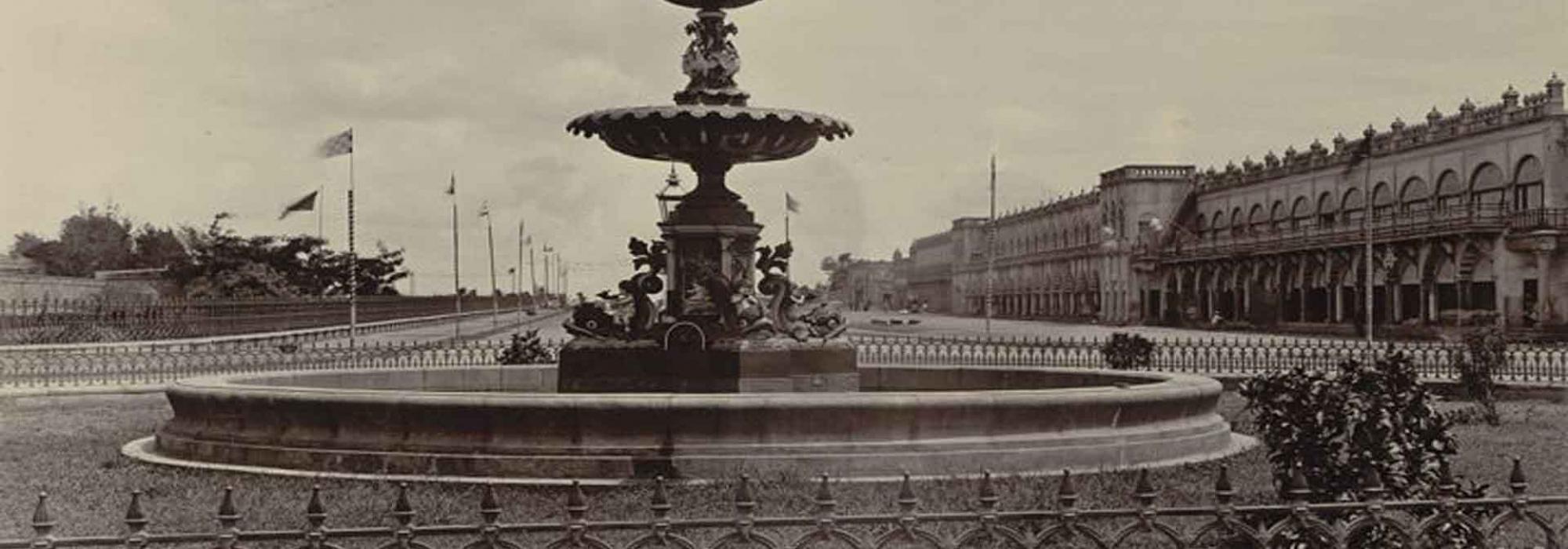Much like Togere Nanjundashastri, the Nanjundashastri of Kadaba was also a traditional scholar. A person with complete mastery over both Sanskrit and classical Kannada. If the scholar from Togere was well-versed in Epigraphical Literature, the one from Kadaba had a deep knowledge of music. He has written an insightful article about how the Kannada poetic meters such as the Ṣaṭpadi[1] fit perfectly within tāḻas[2]. That article has been published in the newsletter of the Sahitya Parishad.
The scholar from Kadaba had to manage a large family because of which he laboured day and night. He had to earn a rupee or two by doing ‘hack-work’ such as writing novels and stories, writing commentaries for treatises, and proofreading rough copies for bookstores in the city. Amidst these exertions, he was left without opportunities to take up any pure literary work.
However, he had not given up on this desire. He was yearning to write a Sanskrit commentary on his favourite Sanskrit poem—perhaps it was the Śivānandalahari or Bhajagovindam—and achieve fulfillment in life.
When the poet laureate Rabindranath Tagore visited Bangalore, Kadaba Nanjundashastri composed two Sanskrit poems upon my request. One of them goes like this:
nikhila janani sādaraṃ
tvāṃ namāmi mātaram |
mandahasita nindita sita
sarasijamukhi devyaham ||
(I offer my respects to you, O mother of all!
Your smile puts whiteness to shame, O goddess with a lotus-face!)
And the second one is:
svāgatapūrva nigamavidaṃ tvāṃ
sukuśalamāryaṃ paripṛcchāmaḥ ||
(After welcoming you, O knower of the Vedas,
We pose our questions to you, O auspicious and worthy soul!)
[Bellave] Venkatanaranappa and Kadaba Nanjundashastri were classmates during their childhood. Venkatanaranappa had a great admiration for him and faith in his words. Upon Venkatanaranappa’s request, Shastri translated one of Bhāsa’s plays [from Sanskrit] to Kannada as I remember. It was published in the Parishad’s newsletter. Perhaps it was Dūtavākya.
Apart from being friendly and cheerful, Kadaba Nanjundashastri had a fine sense of humour. One day, he and I were sitting in the Parishad Office when Vidwan Ganjigunte Krishnappa arrived. Krishnappa had toiled greatly in Sanskrit and classical Kannada; he was a friendly person and a courteous human being. A person free from ostentation and without the slightest of malice. He had beautifully translated around hundred to hundred-and-twenty of his favorite verses from Sanskrit to Kannada and had got it published. As soon as it came out of the printing press and met his hands, he took two to three copies of it to distribute amongst his friends. The moment Shastri saw a copy he said, “This was over and done with a long ago!”
Krishnappa: “What has been so long done?”
Shastri: “The task that you’ve asked us to undertake—the denigration of the subhāṣita!”
The name of the book was Subhāṣita-mañjarī, meaning ‘a cluster of subhāṣitas’ but Shastri intentionally read it as Subhāṣitamam jarī by splitting the word in another place, thus giving the meaning ‘denigration of the subhāṣita.’
Krishnappa and I had a hearty laugh. That’s how spontaneous Shastri’s humour was.
Shastri knew from memory not just a score of classical Kannada poems but also several Sanskrit ones. One day, while he and I were conversing about a new poet’s creation, he said, “How can a creation out of meaningless chatter become poetry? If it is poetry it has to be like this,” and recalled this verse from the Sudhālahari of Jagannatha Pandita:
yā sūte sarvabhūteṣvanudinamudite cetanāyā vilāsān
yāntī sāyaṃ nikāyaṃ jalanidhijaṭharaṃ sañjarīharti sadyaḥ |
atyarthaṃ vardhayantī maṇigaṇasuṣamāsampadaṃ ratnasānoḥ
sā no bhānoḥ prabhā na nayanasaraṇito dūrato jātu yātu ||
(The rising one, after being born, invigorates and enlivens all beings every day;
who, in the evening, goes to the oceanic abode and steals water, becoming the oceanic fire;
who shines on the beautiful precious stones around Meru and increases their brilliance;
let those sun rays never go far away from our sight!)
Shastri’s second son Krishna used to sing a little. I had once asked Shastri :
Me: “What is Krishna doing?”
Shastri: “Apparently he wants to learn music; he’s quite hassled about it.”
Me: “Isn’t that a good thing – we shall make arrangements for it in Mysore.”
Shastri: “What kind of music is that man? One has to go either to Tanjavur or Tiruchirapalli. And for that, one must have the means. It’s like this:
utpadyante vilīyante
daridrāṇāṃ manorathāḥ ||
(The desires of the helpless ones
are created and perish within the mind.)
This is an English translation of the fifteenth chapter of D V Gundappa’s Jnapakachitrashaale – Vol. 3 – Sahityopasakaru. Edited by Hari Ravikumar. Thanks to Raghavendra G S and Arjun Bharadwaj for their timely help in reviewing portions of the translation.
Footnotes















































